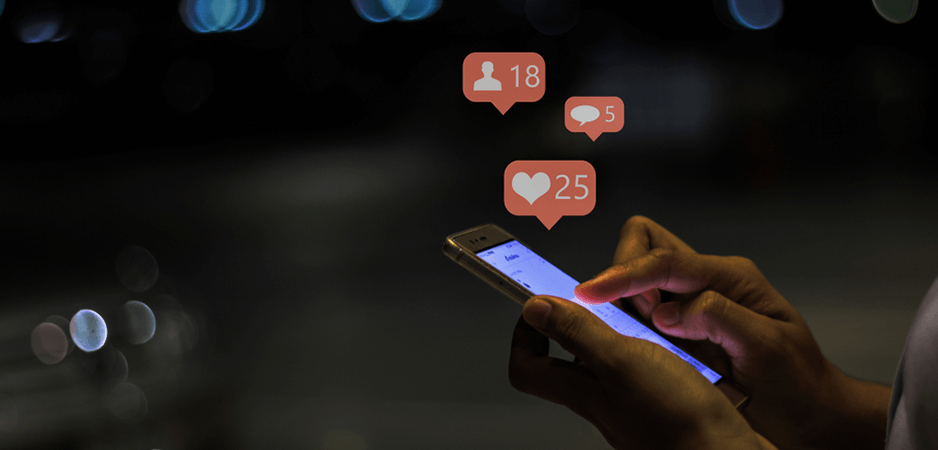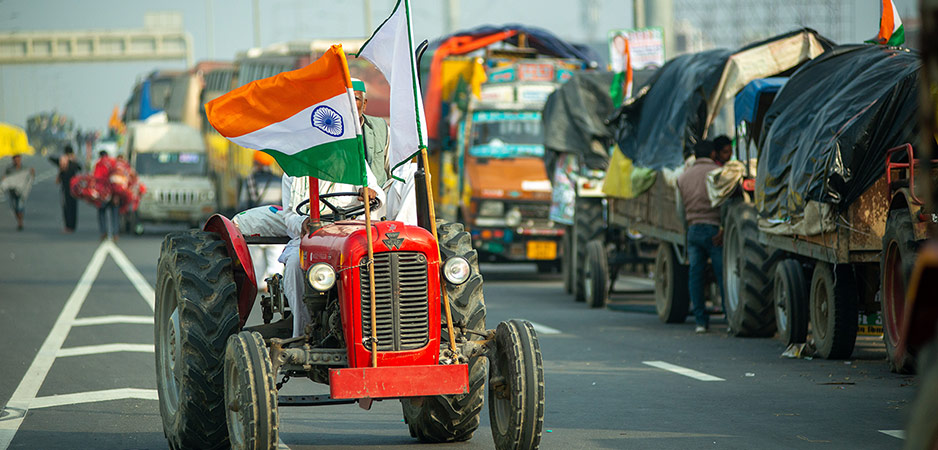Facebook, Twitter and Google have no option but to clean up their act before India decides to log off.
In front of the Senate Intelligence Committee, social media bosses Sheryl Sandberg and Jack Dorsey recently defended their companies against allegations of misuse. Russian interference in US elections was a throwback to Cold War-era propaganda tactics and reminiscent of a John le Carré novel.
If you thought their challenge was limited to the US, then look further. Facebook, Twitter and Google face additional challenges while dealing with India. Their ability to stay relevant and monetize is based on three factors: a) the size of their user base; b) user interaction rates with the platforms; and c) how many users trust these platforms?
In countries like India, the first point is rarely a challenge. The latter two, however, are likely becoming the proverbial pebble in the shoe, especially since the Cambridge Analytica fiasco. While India is the largest user base for Facebook (270 million), there’s also been a steep decline in usage rates. So you have people come to your party, but not dance to the beat.
This indifference and lack of trust could be a real existential issue for these tech giants. The central government in India spends about Rs1,000 crores ($140 million) every year on advertising (not including the informal market, which is reportedly much bigger). I would be surprised if these tech giants get any significant share of that pie.
One side of the political spectrum blames them for spreading fake news. The other side claims shadow banning and blacklists. It really is a catch 22 when neither side nor ideology trusts you.
So, what does it take for the tech giants to increase their relevance to India? Well, for one, aligning with the unique set of challenges India represents.
Personalities, not processes
The US runs a presidential form of government, with a democratic form of elections. India has a democratic form of government, with a presidential form of elections. It’s not what you are voting for, but for whom.
There is a very unique paradox here. Centuries of colonization and plunder have led to a fundamental mistrust of people in power. Figureheads, spokespersons and press releases are not as trusted as your neighbor down the road. Stir in wisdom of crowds with confirmation bias, and you have a potent (mis)information machine.
The land of Jugaad
Cab drivers in India will find you unknown routes to avoid freeway traffic. So will creative solution providers. Every time an ad is shut down, a post is reported or a video is removed. Innovative “problem solvers” will find a jugaad (workaround) solution. In fact, you might even emerge as a hero, having won over “an American imperialist conglomerate trying to curb your voice.”
Unlike in the West, where political contributions and volunteerism are structured processes, Indians have always found an alternative, nebulous path. Thousands of people spend hundreds of hours supporting their candidates online. Twitter posts, WhatsApp messages, Facebook debates, the works. Temper this with the credibility that a known messenger brings along, and you have a veritable force for political parties to latch onto.
United in Hate
One of the few things that India’s left and right wings agree on is their collective distrust of social media platforms. While the left constantly complains about troll armies, threats and claims victimhood, the right alleges fake news, shadow banning and blacklists. Both sides claim misuse, suppression of freedom of speech and a host of other inadequacies.
Some policy analysts have begun seriously discussing a digital media regulatory authority and an ombudsman to counter concerns of foreign ownership, espionage risk, political interference, platform bias, etc. Hushed conversations from the Free Basics days are being discussed at conferences today.
 The US has lobbying. India has advocacy. The much subtler, behind-the-scenes conversations are not premised on agendas and policies, as they are on trust and alignment. I once heard a senior Indian policymaker say, “Rednecks gallop in on their horses. But you see, we ride cycles here.”
The US has lobbying. India has advocacy. The much subtler, behind-the-scenes conversations are not premised on agendas and policies, as they are on trust and alignment. I once heard a senior Indian policymaker say, “Rednecks gallop in on their horses. But you see, we ride cycles here.”
So does this mean it’s a lost cause? Far from it. All it means is that Facebook, Twitter and Google need to localize themselves to the terrain and become relevant to India. They need to speak our language, gain our trust, allay our fears and provide us value.
More importantly, they need to find ways of eliminating perceptions of platform bias. Argumentative Indians, to use Amartya Sen’s metaphor, are unlikely to suffer missing tweets and allegedly biased posts, just because they are “popular” across the platform.
For Facebook, Twitter and Google, it is not just about a missed opportunity (i.e., not being able to monetize enough). It’s about an existential crisis — if the lack of trust keeps feeding the “foreign-owned” bogeyman.
While the Senate hearing in the US might seem like unnecessary pressure under the arc lights, it was also an opportunity for Sandberg and Dorsey to present their point of view to the world — an opportunity that the Westminster system does not provide.
Facebook, Twitter and Google have no option but to get cleaner than Caesar’s wife before India decides to log off.
The views expressed in this article are the author’s own and do not necessarily reflect Fair Observer’s editorial policy.
For more than 10 years, Fair Observer has been free, fair and independent. No billionaire owns us, no advertisers control us. We are a reader-supported nonprofit. Unlike many other publications, we keep our content free for readers regardless of where they live or whether they can afford to pay. We have no paywalls and no ads.
In the post-truth era of fake news, echo chambers and filter bubbles, we publish a plurality of perspectives from around the world. Anyone can publish with us, but everyone goes through a rigorous editorial process. So, you get fact-checked, well-reasoned content instead of noise.
We publish 2,500+ voices from 90+ countries. We also conduct education and training programs
on subjects ranging from digital media and journalism to writing and critical thinking. This
doesn’t come cheap. Servers, editors, trainers and web developers cost
money.
Please consider supporting us on a regular basis as a recurring donor or a
sustaining member.
Support Fair Observer
We rely on your support for our independence, diversity and quality.
Will you support FO’s journalism?
We rely on your support for our independence, diversity and quality.






